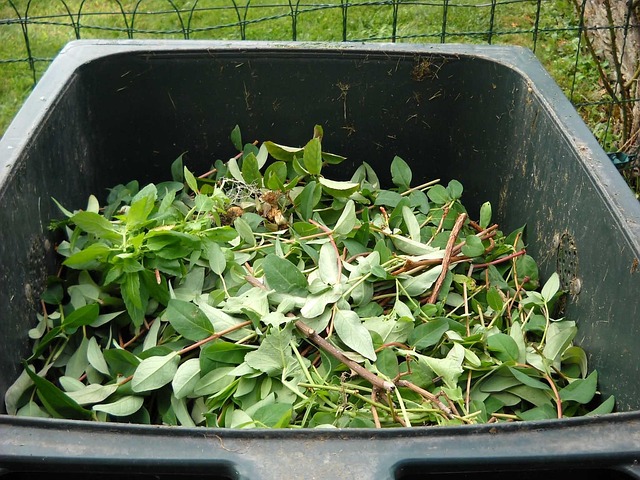In an age where environmental concerns are at the forefront of public consciousness, the marriage of composting and green technologies emerges as a beacon of hope for sustainable development. As individuals and communities become more aware of their ecological footprints, innovative practices and technologies are enabling us to reduce waste and foster healthier ecosystems.
Composting is a straightforward yet profoundly impactful method of recycling organic waste. By transforming kitchen scraps, yard waste, and other biodegradable materials into nutrient-rich compost, we not only divert waste from landfills but also enrich the soil, enhance plant growth, and encourage biodiversity. Just imagine a world where food scraps are not seen as garbage but as valuable resources! This mindset shift is essential for reducing our ecological footprint.
Green technologies play a supportive role in composting by enhancing its efficiency and effectiveness. Smart compost bins equipped with sensors can monitor temperature, moisture levels, and nutrient balance, ensuring optimal conditions for decomposition. These innovations simplify the composting process, making it accessible for even the most novice gardener. Moreover, composting technology is evolving, with companies developing anaerobic digesters that convert organic waste into biogas, offering a renewable energy source while minimizing greenhouse gas emissions.
By embracing composting and integrating green technologies into our daily lives, we take a significant step toward achieving a carbon-neutral future. The cumulative effect of composting on a community’s waste management can be astonishing. Imagine neighborhoods where composting is the norm; community gardens flourish, local food systems thrive, and residents actively participate in environmental stewardship. The benefits extend beyond individual backyards, promoting a shared commitment to mitigating climate change and fostering sustainable living.
The journey to sustainable development is not solely the responsibility of governments or corporations; it begins at home. Each of us can make a difference by adopting composting practices and supporting technological advancements in waste management. Whether it’s a countertop composter or a community composting program, participating in these green initiatives fosters a collective spirit of responsibility toward our planet.
As we embrace composting, we also need to educate ourselves and others about the broader impacts of our choices on the environment. Simple actions, when multiplied by millions of people, can lead to remarkable changes. Share your composting successes and challenges with friends and family, and inspire them to join the movement. Together, we can create a robust network of eco-conscious individuals dedicated to reducing our ecological footprints.
Ultimately, integrating composting into our lifestyles is more than just a trend; it is a commitment to nurturing our planet. It’s an invitation to reflect on our consumption habits, to mitigate waste, and to contribute positively to our ecosystems. Embracing green technologies alongside composting ensures that we are not only caring for our environment today but also paving the way for a sustainable tomorrow. With every scrap we compost, we are taking a definitive step toward reducing our ecological footprint and promoting a greener, healthier world for generations to come.




